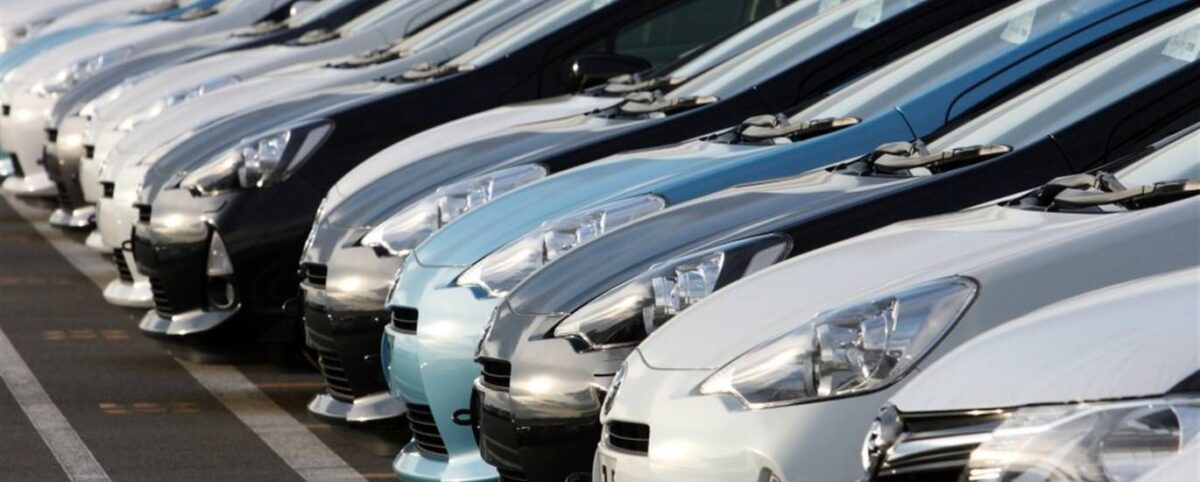Car buyers in Kenya are facing significant blow as the East African Community (EAC) has approved a 35 percent import duty increase on motor vehicles.
The decision brought about by EAC Council of Ministers, will have a double-digit impact on the prices of imported cars, including those designed for transportation of goods, racing cars, station wagons, and vehicles with a capacity for 10 or more passengers.
Subsequently, vehicles imported into Kenya will now carry a higher price tag compared to neighbouring countries like Uganda and Rwanda.

“The increase in customs duty on imported cars will translate to about a 14 percent increase in the cost of importing vehicles. A convergence of this duty hike and petrol price increase could see consumers move to green mobility.” Robert Waruiru, the managing partner of Ichiban Tax and Business Advisory said.
The implementation of the new import duty comes at a time when Kenya’s automotive sector is already grappling with a depreciating currency and its adverse effects.
While local vehicle assemblers may experience some positive impact in the short term, importers of second-hand cars are expected to feel the squeeze, particularly due to the unstable exchange rate.
Read Also: Pesapal Fails In An Attempt to Challenge Ksh232 Million Tax
Additionally, the EAC deal also grants Kenya’s request to maintain increased taxes on household gadgets like mobile phones and television sets for an additional year to enable William Ruto administration’s efforts to generate an extra Ksh.211 billion in revenue during the current financial year.
According to dealers, the application of the 35 percent import duty on both new and second-hand vehicles will lead to hundreds of shillings being added to car prices, compounding the existing challenges caused by a weakening shilling and increasing credit costs.
In addition to import duty, vehicles are subject to excise duty ranging from 25 to 35 percent based on engine size, as well as a value-added tax of 16 percent. As a result, changes in import duty have a cascading effect on excise and VAT charges, leading to a cumulative increase in the total tax burden.

Kenya’s official data reveals that the country imports an average of 81,791 fully built vehicles each year and the country’s installed vehicle assembly capacity stands at 34,000 units.
Charles Munyori expressed his concern through the phone saying, “It [higher import duty] will have a multiplier effect because you add that when you are doing excise duty and VAT at the end of it all.”
“Already we are suffering in terms of sales as we still have stocks which have been with us for the last one year. I don’t know for how long we are going to go through this because the new duty will hit us even harder.” He added.
Earlier, motor vehicle dealers had already increased car prices in response to the depreciation of the local currency and rising borrowing costs. The depreciation of the shilling against major international currencies and a shortage of US dollars had led to difficulties in timely payments to suppliers abroad. As a result, dealers and assemblers, who heavily rely on imports, adjusted increased their prices to cover expenses and protect their profit margins.
Subscribe to our YouTube channel at Switch Tv
















